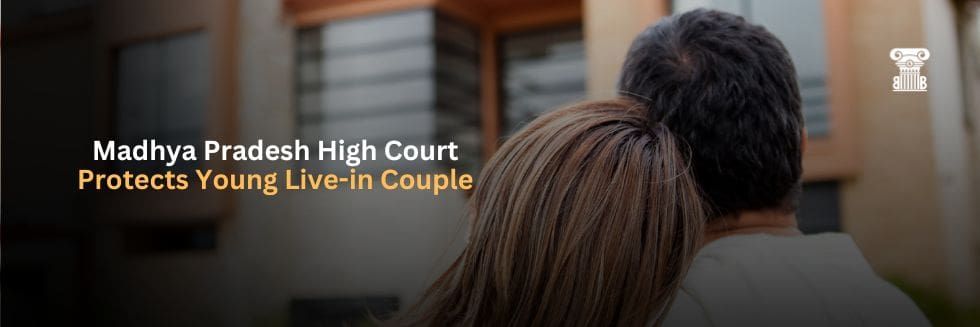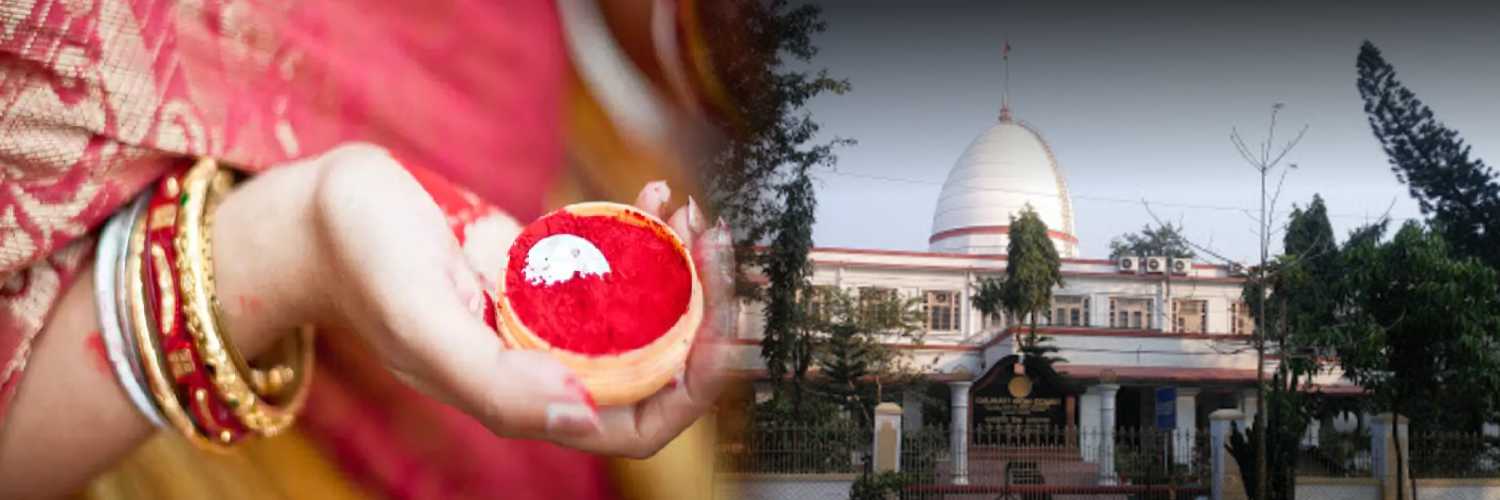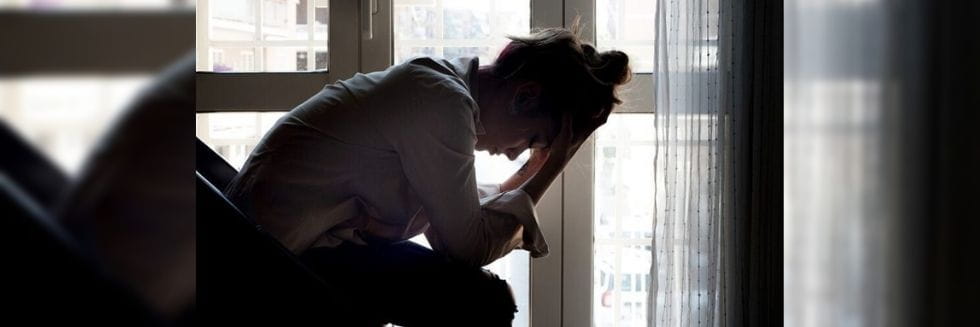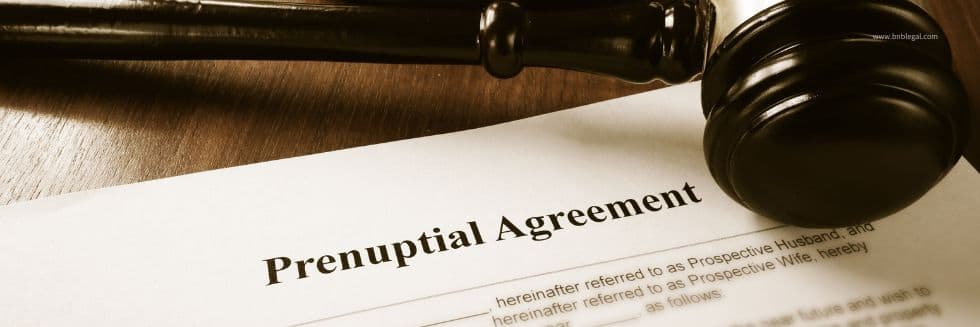While hearing a matrimonial dispute matter, Punjab and Haryana High Court recently noted that recording of the telephonic conversation of the wife by her husband without her knowledge amounts to infringement of her right to privacy.
The High Court bench set aside the Bhatinda Family Court order which had allowed the husband to prove the telephonic conversation between him and his wife to make out a case of cruelty against his wife. He had filed a divorce suit under Section 13 of the Hindu Marriage Act.
“It cannot be ignored that acceptance of the CD in question shall amount to a clear breach of the fundamental right of the petitioner-wife i.e., her right to privacy, as has been upheld in various judicial pronouncements,” noted Justice Lisa Gill.
“If a spouse would be permitted to record conversations with an unsuspecting partner and to produce the same in a court of law in a petition under Section 13 of the Act, that would indeed not be feasible,” the bench noted.
The court also referred to Deepinder Singh Mann Vs. Ranjit Kaur, 2015 wherein the Punjab and Haryana High Court had noted that the couples speak many things with each other, unaware that every word would be weighed in a Court of law.
Justice Gill added, “Furthermore, it cannot be said or ascertained as to the circumstances in which the conversations were held or the manner in which response elicited by a person who was recording the conversations, because it is evident that these conversations would necessarily have been recorded surreptitiously by one of the parties.”
Family Court Ignored Section 65 of Evidence Act
The couple got married on February 20, 2009, and had a daughter in 2011. The husband had filed a divorce petition in 2017.
During cross-examination, the husband moved an application to the Family Court on July 9, 2019. The application had sought permission to submit his supplementary affidavit by way of examination-in-chief along with a CD and transcriptions of conversations so recorded in the memory cards/chips of their respective mobile phones.
In January 2020, the Family Court allowed the man’s plea to prove the CD pertaining to the conversations between him and his wife subject to the condition of correctness.
The Family Court also held, “Strict principles of evidence are not applicable to the proceedings before the family court keeping in view of Section 14 and Section 20 of the Family Court Act.”
Aggrieved by the order, the wife moved the Punjab and Haryana High Court. She contended that this evidence had been wrongly accepted, as it would amount to infringement and downright invasion of her privacy, as the conversations had been recorded without her knowledge and consent.
She further added in the petition that the family court had completely ignored Section 65 of the Indian Evidence Act, because if recording has been done through a mobile phone, the CDs of the recording and transcripts thereof, in any case, cannot be accepted as evidence.
The counsel appearing for the husband argued that there was no question of any infringement of the right to privacy and that in any case, the husband could always be subjected to cross-examination. He went on to contend that the conversations so recorded were not beyond pleadings as the man has always contended that he was treated with cruelty by his wife.
“Though specific conversations are not mentioned in the petition, it has been clearly mentioned that the wife used to treat the husband in a cruel manner. The conversations so recorded are only an attempt to prove the same,” the husband had pleaded.
Recorded Conversation Chips, Even If true, Not Admissible In Evidence: AP High Court
In Smt. Rayala M. Bhuvaneswari Vs. Napaphander Rayala, 2007, Andhra Pradesh High Court had noted that the act of recording conversation without the knowledge of the wife is illegal and amounts to infringement of the right to privacy and even if, the chips in question are true, they are not admissible in evidence.






